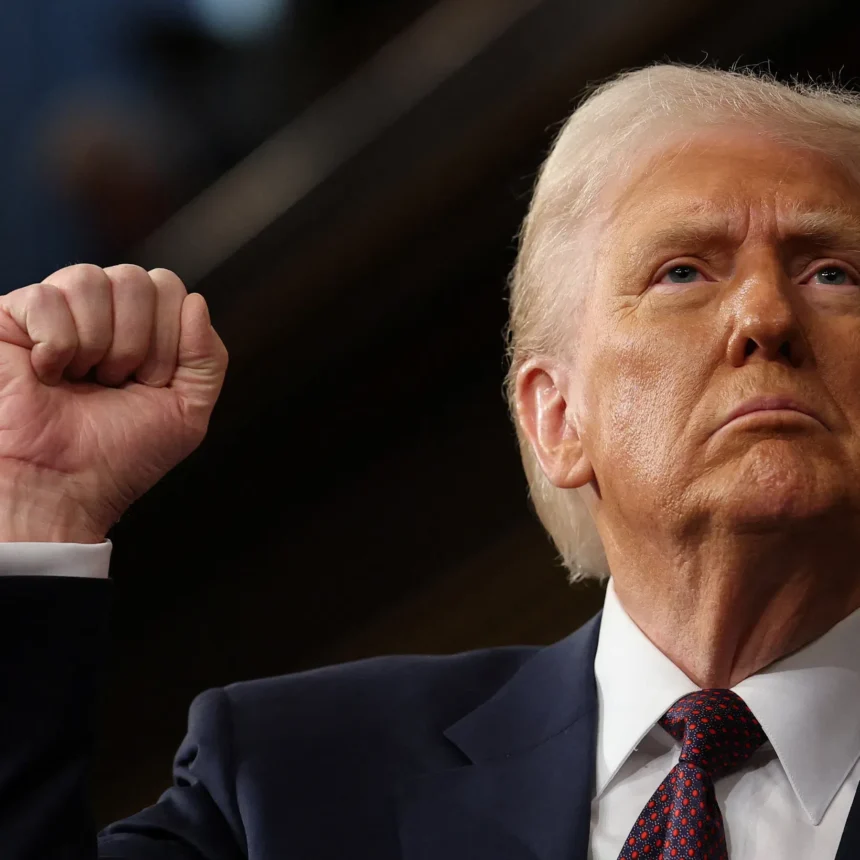The American, a proposed reality television series, has sparked controversy with its premise of immigrants competing in challenges across the United States for a chance to win U.S. citizenship. The concept, pitched by Canadian television producer Rob Worsoff, has caught the attention of officials within the Department of Homeland Security (DHS) during Donald Trump’s presidential campaign.
The show would feature 12 immigrant contestants engaging in tasks rooted in American history, culture, and national identity. Challenges would range from assembling a Model T Ford in Detroit to participating in a gold rush-themed contest in California. The program would culminate in a live “town hall” vote, where local residents would determine the contestant who best exemplifies “American values.”
While the concept was formally presented to the DHS, no approval has been granted, and Secretary of Homeland Security Kristi Noem has not reviewed or endorsed the project. Despite producer Rob Worsoff’s intentions to humanize the immigrant journey, critics argue that gamifying the path to citizenship trivializes a complex and personal process.
The idea of The American aligns with themes in Trump’s political playbook, such as nationalist sentiment and spectacle-driven media. The show’s format appears tailored to resonate with Trump’s base, especially during a campaign season where immigration remains a divisive issue.
Ethical concerns have been raised about offering citizenship as a game prize, potentially undermining the legitimacy of the naturalization process. Immigration lawyers, human rights advocates, and political analysts warn that turning citizenship into a competitive reality format could have far-reaching implications.
Legally, the feasibility of such a show remains in question, as Congress holds the power to regulate naturalization. Even if the DHS supports the concept, it could face legal challenges and political pushback.
The American has sparked a spirited debate about the intersection of entertainment, politics, immigration, and national identity in the United States. Whether or not the show comes to fruition, its emergence highlights the increasing intertwining of entertainment and policy-making in today’s society.







